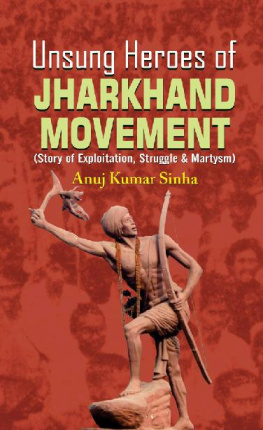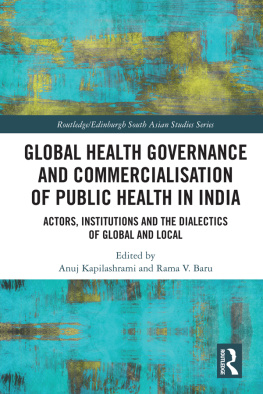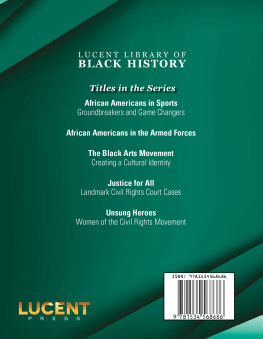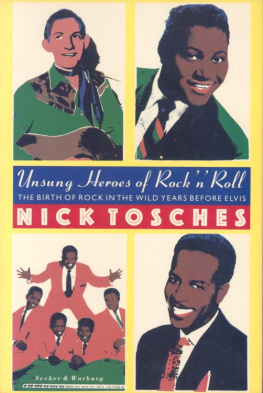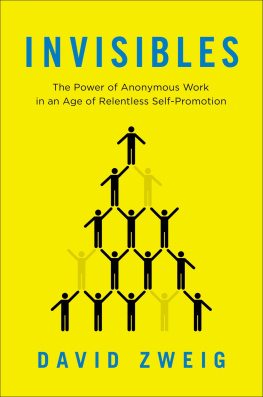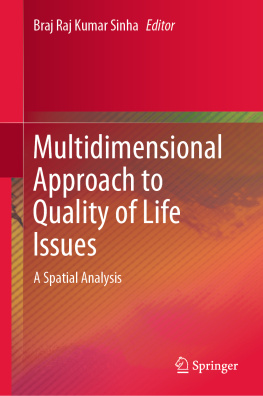Unsung Heroes of
Jharkhand MoVEmentS
(Story of Exploitation, Struggle & Martysm)
By
Anuj Kumar Sinha
Foreword
T his is a document. Future historians, political commentators or analysts would use this as a evidence base for their study. This is a very important document that has been written by a journalist. Generally, people are of the opinion that journalists write history in haste or they write histories everyday or that journalism is history written in haste. But this book will break the myth. This book will discuss about the firings in the tribal areas. This discussion did not take place only after hearing. Apart from some, all others areas mentioned in this book have been visited by Anuj himself. Years after the firing, things have been tested in these areas. He met the victims or their family and then wrote about them. This does not mention only about the firings in Jharkhand, but before the Jharkhand Movement, it concentrates on the details of the imaginations of a wide Jharkhand of the agitators. This also has the memoirs of the firings before independence. It also has the details of the firings just after the independence. It has the original reason of the firings and the details of the facts associated with it. After reading about these firings, we know about the dreams of these tribal areas, the environment made by these conflicts and also about their psyche. How were the people killed and how were their memories kept? This is also told by this book. Similarly, there are many bona fide facts associated with these firings, which were discussed ubiquitously. This book also has some rare photos associated with these firings. Before this, such approximately endangered bona fide photos associated with these firings have not been available together anywhere.
There are many such bona fide reports, which would break the myth that only tribal fought for Jharkhand. Many people who came here to settle from Bihar, Bengal, Punjab and Uttar Pradesh were killed for Jharkhand. They accepted the constitutional provision of independent India that our house, our land is where we work. People like Ramdev Singh, Sadanand Jha, Basant Pathak and Durga Tiwari belonged to this category. Such people are mentioned, who played a breakthrough role in the Jharkhand Movement. In English, they are called as unsung heroes. They paid the price for how these people fought against usurers and coal mafia. These people may not have been killed in the firing, but how their voice against sand mafia, coal mafia and ration mafia has affected, is what is documented in this book.
In this book, the leaders of local conflicts in various places have also been discussed. Sidhu Tiyus, also regarded as displaceds messiah, functioning has also been described here. There are also details of the death of those associated with the movement because of the lack of treatment. In this section, many layers of the human mind are revealed. What reason, inspiration or energy is that that inspires one to sacrifice oneself for ones theory, honour or destination? That gives us strength to sacrifice ourselves for our resolution. Along with this, the question also arises that with every such sacrifice there is a change, but for those reasons, words or ideals for which we have struggled and sacrificed are lives why are these dreams left incomplete as soon as we get the political power? It would be correct to say that in the fires of such movements and struggles, one does get political power. But as soon as power is achieved, all those people who sacrificed their lives for their resolution and honour are forgotten.
This book is a compilation of details that tell us that after getting independence why the philosophy of Police and administration did not change. From misdemeanour towards women to different kinds of tortures meted out to the revolutionaries. Is there any way to develop tackling of movements and conflicts in a more civilized way and with a thoughtful mind? All these sections are not a mere compilation of events, but a document of thoughts of opinions of a particular geographic area. We must understand the thoughts involved in their every trial and order of strategy to make their area better and prosperous. This books another big contribution would be to introduce prudent governance and encourages bringing change by forming new policies. And encourage its progress.
Those people that come from the background of movement, went on these strikes, fasts, demonstrations for every small reason, for their movement. This book also questions such people. After the sacrifice of so many dedicated people, who is going to be the heir of their imagination? We say they were right. But are we cautious and committed towards their dreams because of which they had sacrificed their lives? If yes, then why is this area or zone not being rejuvenated? Why is the politics constantly moving on negative grounds? May be there is a reason behind this. Today conflicts are easy, destroying is easy, fighting for a cause is easy. Blocking roadways because of strikes have become common phenomena. There is no investigation. Anybody can start a movement for any reason. Nothing can harm him. Law provisions have become a joke. In such an environment, participating in conflicts is not a bigger challenge than creating something or forming a new society. The documents of conflicts that Anuj has compiled in his book, those pages completely shake us. But those dreams for which those people have sacrificed their lives, where are they? The way to make those dreams a reality is through the path of creation, honesty, better organization of work and solid resolution. Whenever we remember such conflicts, we must ask ourselves the question that why we are not accepting the challenge of creation. Nowadays, conflicts and destruction are easy but diligence is difficult. This book will inspire us to work with diligence and build a new society.
Anuj is not one among those journalists who would see events with a neutral mind. He is one who lives according and is committed to the original values of journalism. The number of people like him has decreased now in the country and in society. After reading this book, the new generation of journalists will get the opportunity to know that meaningful journalism is possible. This book of Anuj is its evidence.
Harivansh
Authors Note
I mmediately after Jharkhand state was formed, I thought of writing a book. All over the country, many books have been written about Jharkhand. Mostly, they mentioned the roles of Jharkhands history, political progress during the movement and agitators organizations. I wanted to write something different. I wanted to make such a document, after reading which, the current and future generations would know about the truth or basic reality of Jharkhand Movement. Also, I wanted that those people who participated in the movement and lost or sacrificed their lives to get a prominent place in history and the respect which they deserved. Justice would be done to them and their Kin.
From a long time, (approximately 32 years), I have been in journalism, that too, in Jharkhand. I was born and brought up here, studied here. Later, when I decided to get into journalism, I chose Jharkhand. Thus, from the time I have understood to use my senses, I have only seen and understood Jharkhand. In which, the Jharkhand Movement was also included. I got the opportunity to see the Jharkhand movement from very close quarters. Before the state was formed, Jharkhand Movement not only gave intellectual support, but sometimes more than that. It is true that I openly supported Jharkhand Movement. I had close and personal relationships with leaders, party workers and student leaders, who participated in the Jharkhand Movement for a separate state. Thus, according to the outlook of obtaining news items about the Jharkhand Movement, my newspaper (the newspaper for whom I was working) and I profited. From time to time, I spoke with my friends in the Jharkhand Movement to know the framework of the movement. I used to contemplate and discuss. Whenever I would get a chance, I would give my clear opinion. During the Jharkhand Movement, many a times, my opinions did not match with those of the agitators. I never used to hesitate to go against something I did not agree with the agitators. Between 1987 and 1989, when the Jharkhand Movement was in full force, the violent AJSU movement was going on and the railway tracks were being burnt, then also I kept advising my agitator friends that blockades must happen but under no circumstances, must anyone die. Whatever message has to be given to the centre, we can do so by making small damages to the tracks, but no traveller of any passenger train must be hurt in any way. Yet certain incidents occurred. Once, a nuisance happened in the name of movement and I was against it. In disagreement, I also published a report. The repercussion was that some hooligans who joined the movement exploded a van carrying the newspapers along with the driver. Even today, I am grieved by this incident. I believed that such incidents can sway us away from the movement.


